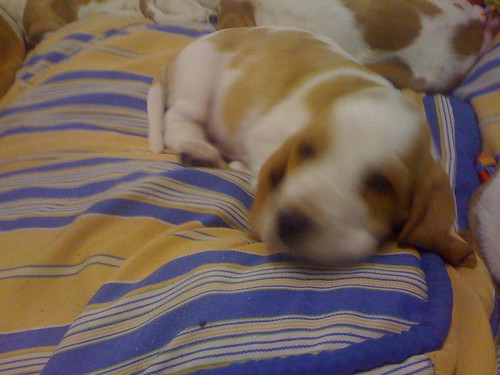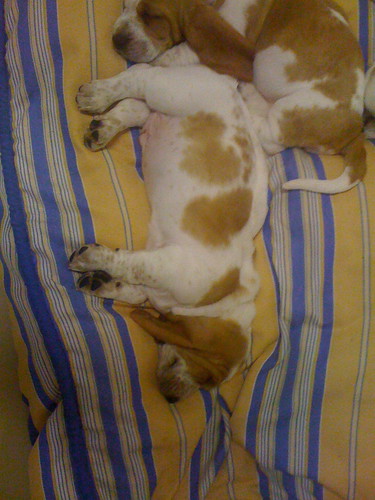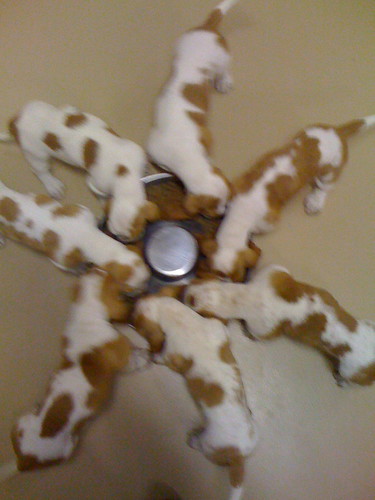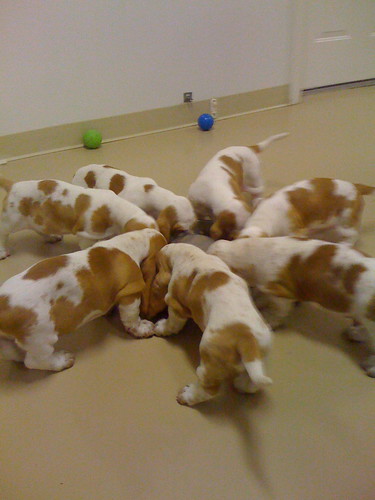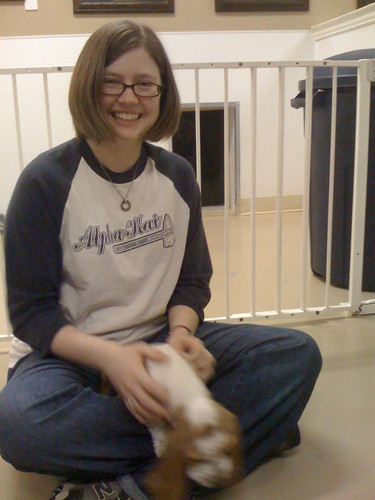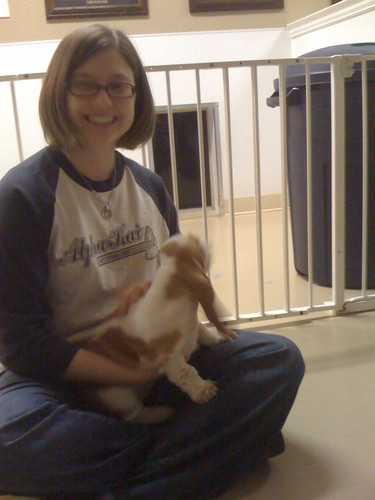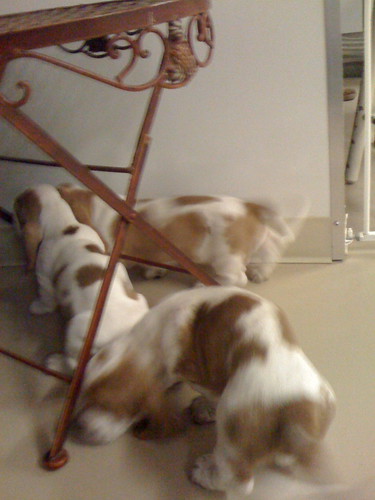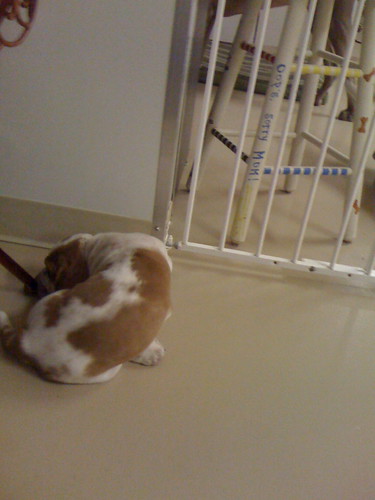How I Use My iPhone
I am a mobile app creator. It is my business not only to build apps, but to help clients understand what they need and want. As I advance down this path, I took some time to consider myself: how I use my iPhone.
First, I made a list of every app I have currently installed on my phone. Including web sites I've saved home icons for and the apps that come with the phone, I have 70 apps installed.
Next I divided the list into apps that I use and apps that I don't use. I tried to stay strict to this criteria. I was tempted to put apps that I liked but didn't use in the use list, but I didn't stumble. I also grouped the apps that come bundled with the phone together. After this, I have 17 installed apps that I use plus another 14 bundled apps that I also use. That leaved 6 bundled apps I don't use and 33 apps that I installed but do not use.
I was surprised by the number of apps that lay unused, taking up space on my iPhone. I decided to group them to help me understand why I wasn't using them. This is what I came up with:
Games (8 apps)
I've never been much of a gamer. I pretty much only play phone games when I'm stuck waiting for something and don't have anything else to do. I am rarely in that situation
Duplicate Functionality (4 apps)
I figure I would use these apps except for the fact that I have other apps that perform the exact same function.
Forgotten Social Networks (3 apps)
These apps are tied in to some social networking website that I tried out once, but never really got in to. These are the ones I forget to post updates, and never care about my "friend's" status updates.
Demo Applications (10 apps)
These are apps that I wanted to try out, and were free. Some of them are cool apps. In fact, they honestly get occasional use, but that is only to show off some feature or design element. I don't actually use these apps.
Poorly Designed Apps (1 app)
There is one app that I never use mainly because it is a poor design. All the app does is do a location check, and then launch a mobile optimized website that included advertisements for the very app I'm currently using.
Apps that Provide No Value to Me (4 apps)
There is nothing wrong with these apps, and I believe there are many people that use them religiously. I have just found that I have no need for them.
Apps I Use Occasionally or Forgot I Had (3 apps)
These are apps I like, but I either rarely need them or I forgot I had them. They were lost in the sea of apps spread all over my phone.
This was an enlightening experience, so I decided to do the same thing for the apps I used. I was able to divide those into three categories:
Tools (7 apps)
These are apps that are utilitarian in nature. They help me accomplish tasks and get through the day. Some of them replace real world gadgets completely.
Reference (7 apps)
These are books and news. If I do have any downtime on the go, it's nice to be able to see what's happening in the rest of the world. Also, part of the point of having an internet connected device is the ability to quickly look stuff up.
Communication (3 apps)
The other reason to have an internet device is for communication. I include social networks that I participate in as well as email in this category.
With all this done, what does it mean, other than the fact I have several apps I should delete? It reveals how I use my iPhone. I use it as a tool for communication, reference, and productivity. I don't play games, and I don't really play with the phone, but I do like to play with new apps (see the 10 "demo apps" and 4 "duplicate apps" I installed). Interestingly enough, I don't really use the phone as a media device. I do use the camera, and I occasionally use the iPod app to listen to a podcast when I walk my dog, but I don't really use it for playing music or video.
This is all well and good, but it brings up another question: Am I a typical iPhone user, or am I atypical? I would imagine that I am typical within a certain category of iPhone owners. I guess I need to do more research. I think I'm going to make a habit of asking people what apps they have installed on their phones, and which ones they actually use. This is interesting information, and also very valuable information to a mobile developer such as me. I wonder if there is a service or social network that collects this kind of information.
The raw data follows:
- Apps I Use
- Bundled Apps
- Messages
- Calendar
- Photos
- Camera
- Maps
- Clock
- Calculator
- iPod
- App Store
- Phone
- Safari
- Settings
- Contacts
- Tools
- Amazon.com
- PS Mobile
- Boxcar
- USAA
- i.TV
- 1Password
- Reference / Knowlegde
- PocketBible
- DallasNews
- Flixter
- WeatherBug
- USA Today
- ScoreCenter
- Showtime
- Communication
- Gmail
- Tweetie
- Bundled Apps
- Apps I dont Use
- Bundled Apps
- YouTube
- Notes
- iTunes
- Voice Memos
- Stocks
- Weather
- Games
- Dr. Awesome
- Poker
- Frenzic
- iVey
- Labryinth LE
- EliminatePro
- Triple Play
- Ramp Champ
- Duplicates
- Banking
- Bible
- PhoneFlicks
- TweetDeck
- Forgotten / Occasional Use
- Pandora
- Public Radio
- Yelp
- Forgotten Social Networks
- Brightkite
- foursquare
- MySpace
- Demo Only
- Greenbox
- Starbucks
- Remote
- Bing
- TV.com
- Stanza
- Yahoo!
- AIM
- Library
- Bad Apps
- PegNews
- No Value To Me
- Bloomberg
- Gas Cubby
- Quicken
- myWireless
- Bundled Apps



